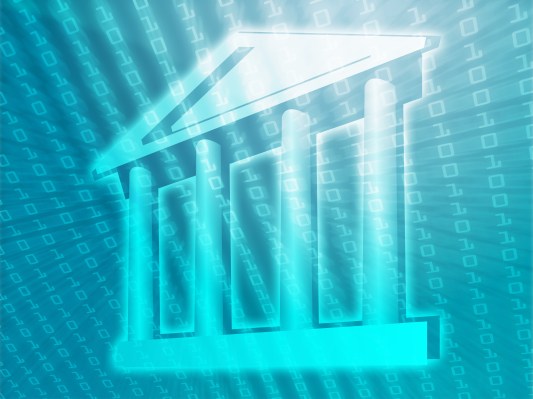What if the government decided they wanted to see what your device could see and hear? Or gain real-time access to the easily digitized information that surrounds a growing crop of connected devices?
Thus far, government interest in our data has focused on data residing on smartphones or sitting in data centers — take the recent legal proceedings between Apple and the FBI for example. And the same has been true in the cases that have made it through to the Supreme Court.
We pay close attention to these cases because we spend hours a day on the Internet, and many of us are “constantly online.” Our phones have become an extension of ourselves.
But all of this is about to change. The Internet of Things (IoT) is producing reams of data about our daily lives — data that could prove incredibly valuable to law enforcement once they figure out a way to harness it.
From thermostats to dishwashers to TVs, we are connecting once-analog devices, appliances and, well, “things” at an astonishing clip. We are on a road toward billions of connected and sensorized objects.
Microsoft Kinect, Amazon Echo and an increasing number of other connected devices are “listening” and “watching” so they can more effectively and efficiently provide and predict services and offerings and do things on our behalf.
We’re entering a new paradigm wherein we interact with technology through voice, gesture, proximity and a growing amount of digitized information. And in this always-on environment, we are surrounding ourselves with devices that are tracking our everyday moves — waiting for us to beckon them into service.
My August smart door lock, for example, is watching me, waiting to unlock itself when it sees me getting close to home.
Consumer adoption of IoT technologies is extremely delicate; it hinges on trust.
Many of us experience a level of discomfort in giving our devices so much access to our private spaces and the ebbing and flowing of everything we say and do. But you have to give a little to get a little. Consumer adoption of IoT technologies is extremely delicate; it hinges on trust. Trust in device makers and trust in government. Devices that don’t meet consumer expectations for privacy and control will fail.
The question before consumers and the courts today is three-fold: What kinds of valuable data is the IoT generating; who should have access to and control over that data; and who can be legally compelled to share that information with law enforcement.
In the recent Apple encryption case, the FBI went directly to the manufacturer of a product to gain access to digitized information residing on that device. In our digitally connected future before us, will law enforcement simply bypass end users like you and me and compel companies to turn on our Nest cameras, unlock our August Smart Locks or tune in to our Echos?
The Apple encryption case and its predecessors have broad implications for the entire tech community — not just those building smartphones and running data centers. The way in which we’ll interact with technology in the future has been turned on its head. The precedence set today by our courts ultimately will apply to the diverse amount of information that exists around us and can be digitized by an army of sensors that are being deployed to perform diverse services.
All around us we have cameras that can be turned on in real time; microphones that are constantly listening and could share what they are hearing in real time; information that was already there, but wasn’t being captured in a systematic, digital way. Details about when I lock or unlock my front door. When I turn my lights on or off. When motion sensors detect movement in my home. When I open my fridge or perform any number of diverse tasks. All of this information is available today because of the connected, sensorized devices we are deploying around us.
Who should control this information and who should have access to it is the conversation we need to have today. It’s time for an honest and open discussion about the future of data.
Consumers, manufacturers, law enforcement and policy makers need to collaborate to establish the social contracts that will guide and direct our future. Without broad trust across all players, the IoT ecosystem will not work.
